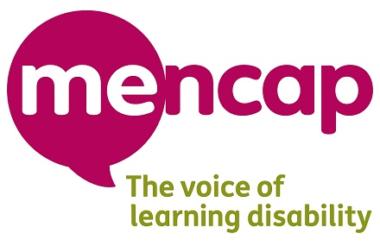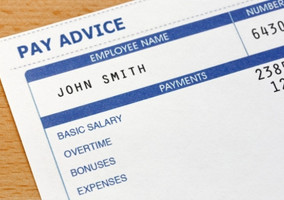The disability care sector is "on the brink of collapse" with "multiple" charities facing insolvency, one of the sector's largest bodies has warned.
The warning, from learning disability charity Mencap, comes after HM Revenue & Customs sent out demands for back-pay for carers on "sleep-in" shifts.
Previous estimates have suggested the cost of these demands could be up to £400m.
Most providers previously paid these workers a flat-rate of between £35 and £45 but new guidance says minimum wage must be paid to workers even if they are asleep, and that these workers are due six years of back pay.
Mencap published a statement today, warning that demands had been sent to 200 care providers, about 40 per cent of which are voluntary organisations, and that these demands has brought the sector “to the brink of collapse”.
Derek Lewis, chairman of Royal Mencap Society, said: “The unintended consequences [of HMRC’s enforcement action] have been disastrous.
“Estimates of the costs to the learning disability sector are in the region of £400m and Royal Mencap Society will be severely affected.
“There will be a major impact on the 5,500 people we support and some may even end up losing that support all together.
“For many smaller care providers across the country the financial impact will be devastating. The resulting multiple insolvencies will be more serious than [defunct healthcare provider] Southern Cross because there will be no alternative providers available, as local authorities are already finding.”
He said HMRC pay back orders had already been issued and the Care Quality Commission was “very concerned”.
“Many providers, who are all government funded, are reluctant to go public. One large provider has been ordered to pay six years back pay by September, even though the new interpretation could be overturned at the Court of Appeal in March 2018,” he added.
The Department for Business, Energy and Industrial Strategy (BEIS)’s guidance, published in October, says minimum wage must be paid to workers even if they are asleep and uses a care home as an example.
It says: “A worker, who is found to be working, even though they are asleep, is entitled to the minimum wage for the entire time they are at work.
“Workers may be found to be ‘working’ whilst asleep if, for example, there is a statutory requirement for them to be present or they would face disciplinary action if they left the workplace. They would then be entitled to the minimum wage.”
Independent consultancy Cordis Bright estimated the cost to the sector of back-pay demands, depending how stringently they are enforced, could range from £160m to £400m.
Of the around 200 care providers in the country, about 40 per cent are charities, and another 40 per cent are private providers, while the remainder are local social enterprises, often set up by families.
Related articles











